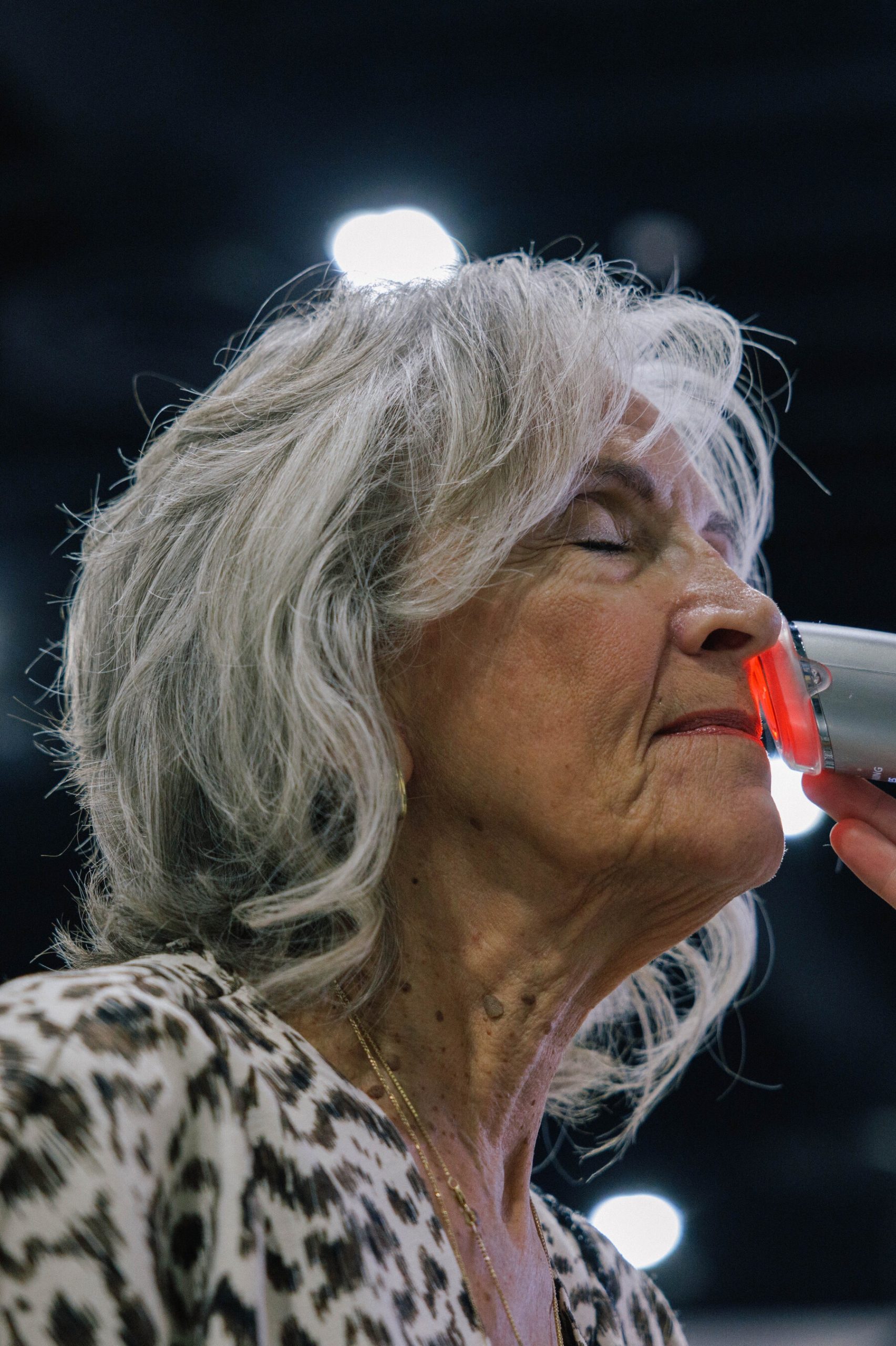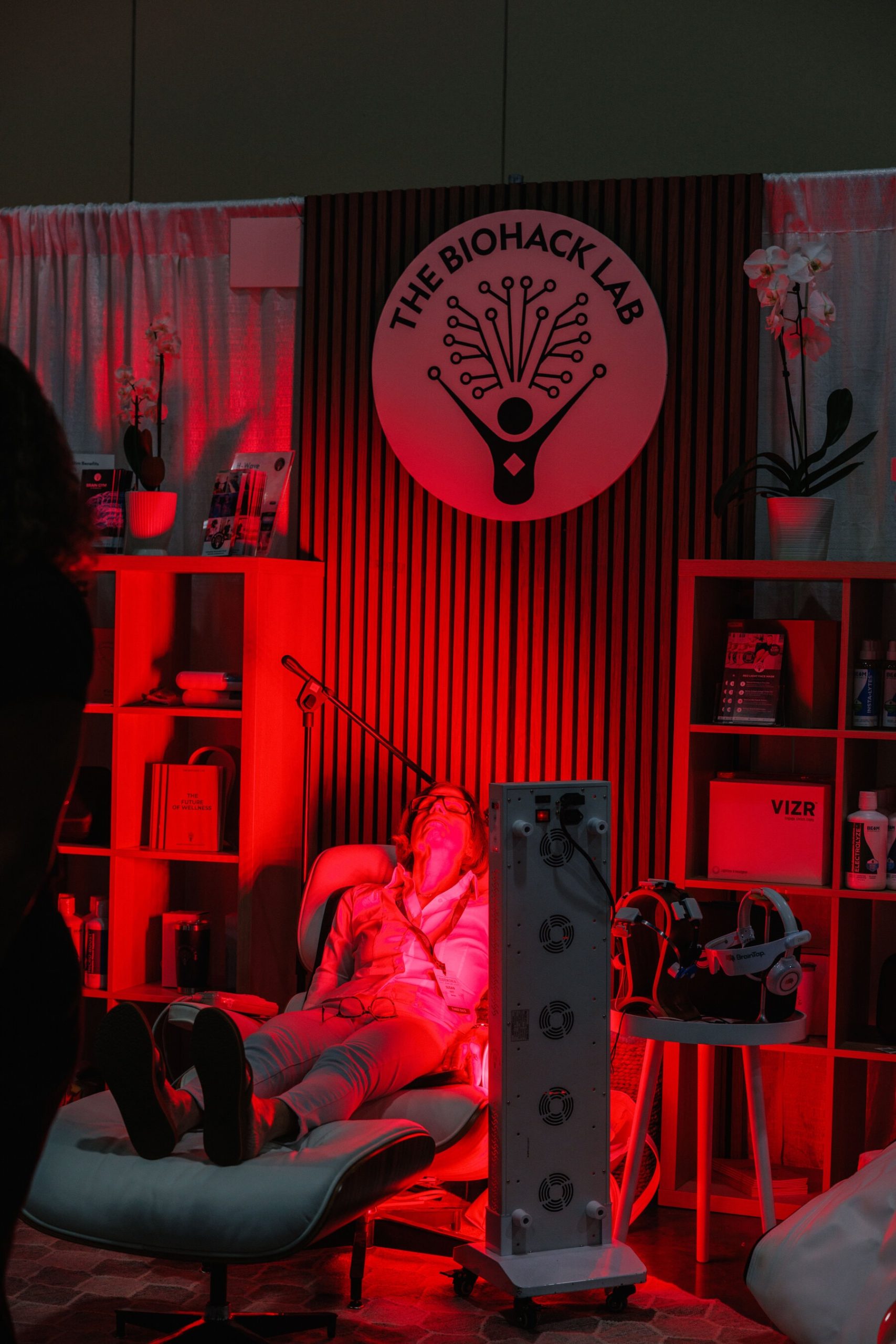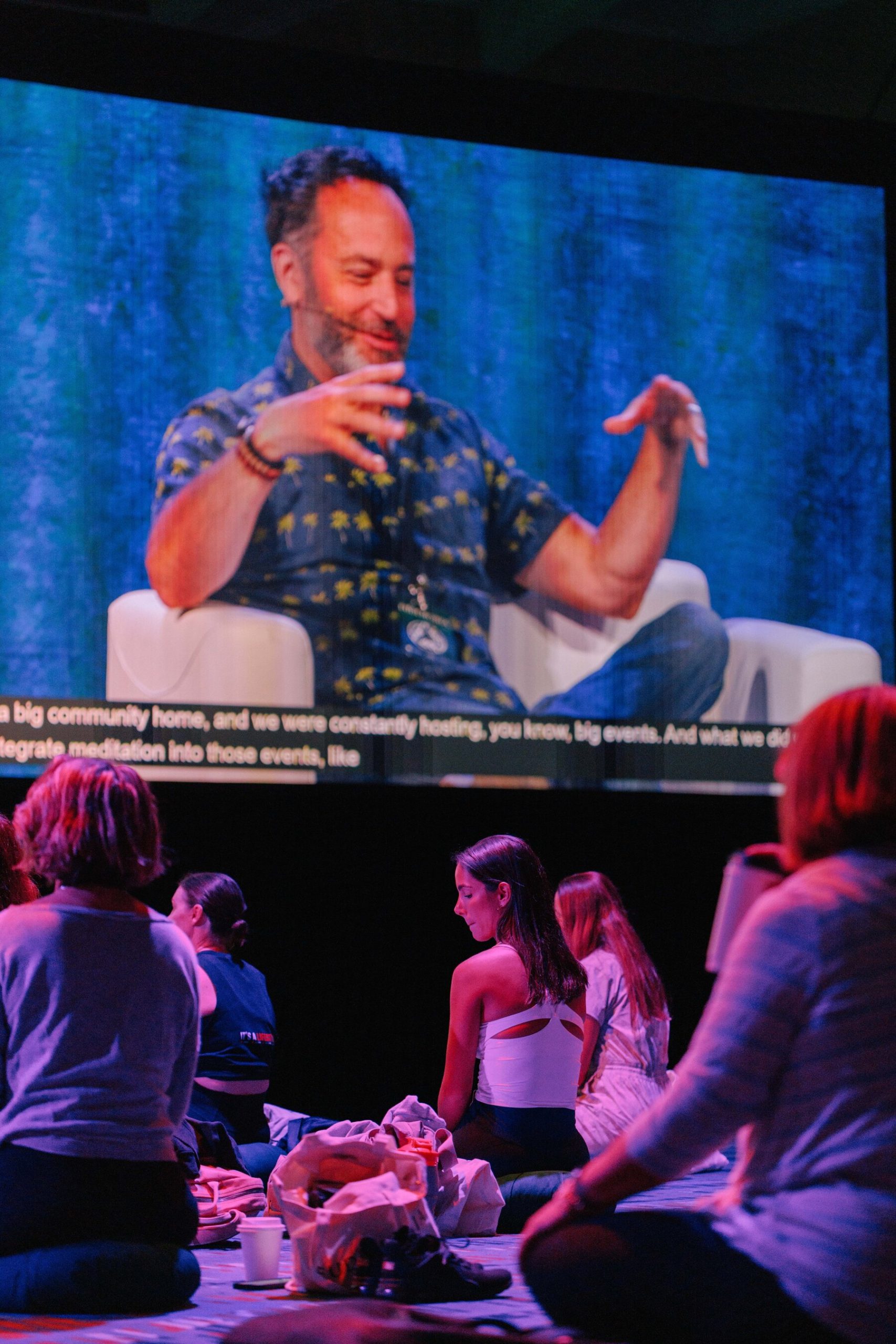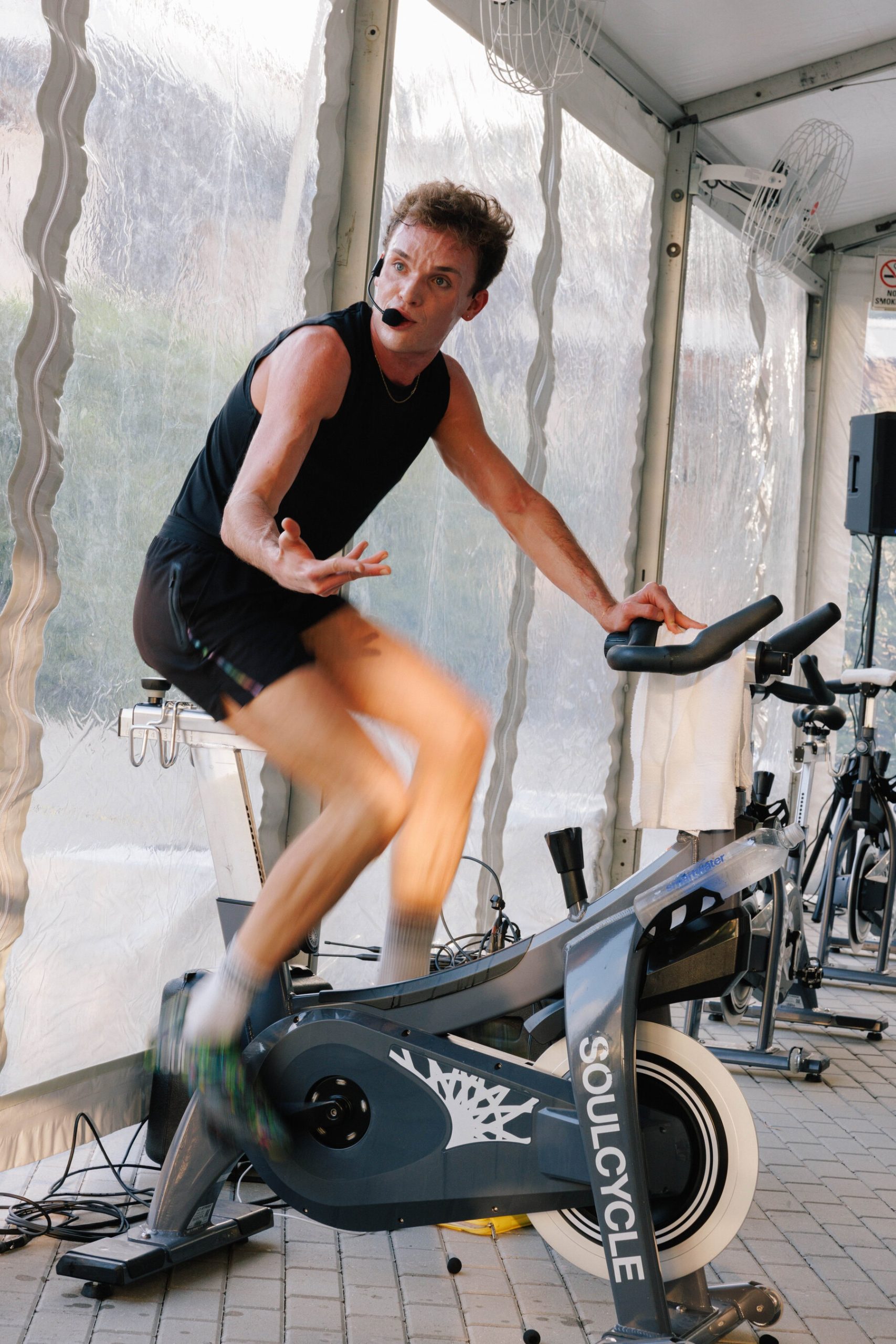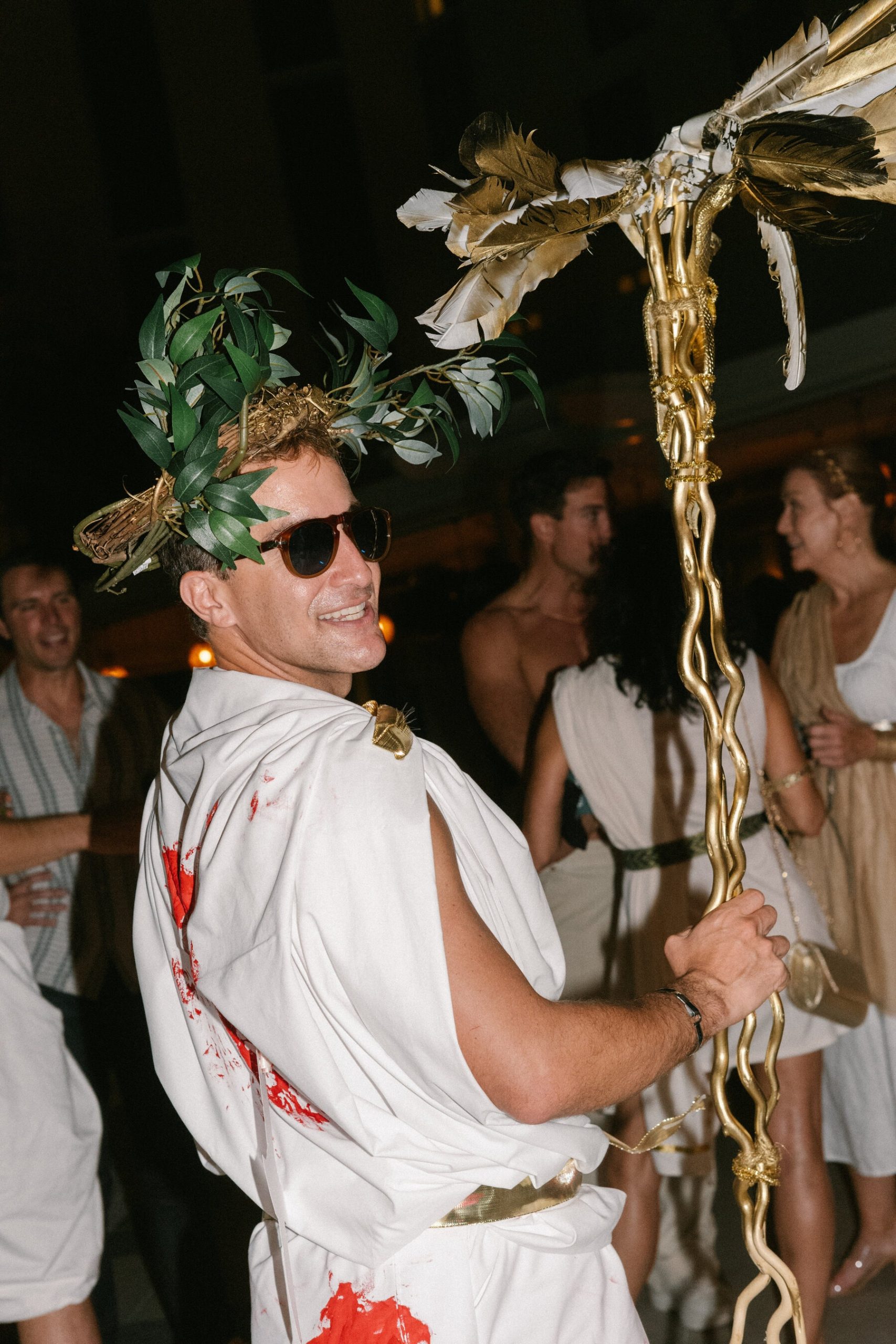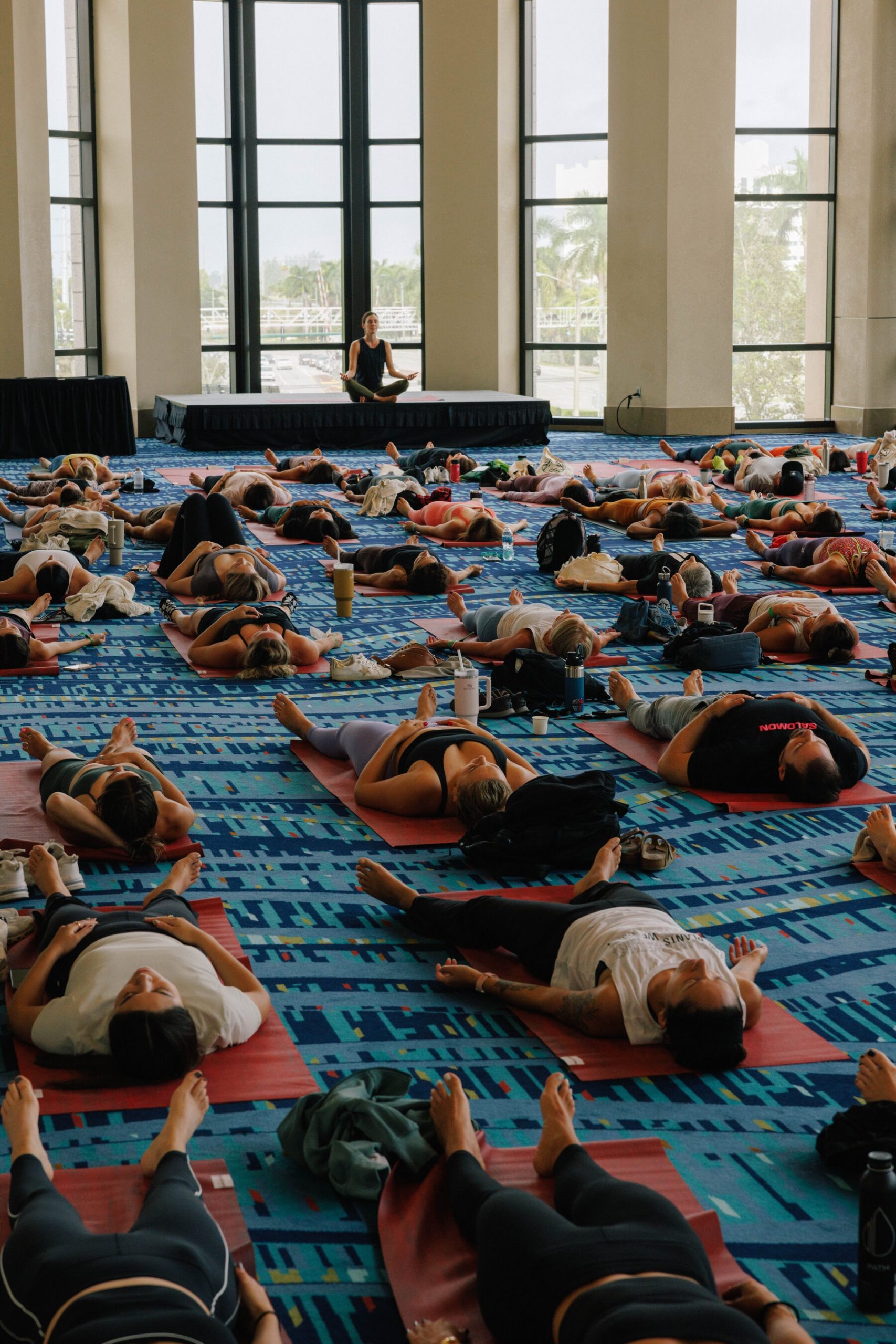On the weekend between Halloween and Election Day, more than 2,000 people gathered within the capacious, dim meeting rooms in the Palm Beach Convention Center in Florida to learn and teach about improving one’s health. They flew in from Boston and Vancouver, Dallas and New York City, Boulder and the Bay Area. Some brought their mothers. A few, their dogs. They wore amulets and Oura rings, dressed in stretch pants or long, flowing dresses that evoked beach parties and summertime. I was there, too, curious about why health and wellness were, in these final months of 2024, suddenly receiving the Lollapalooza treatment.
On multiple stages over three days were meditation and yoga teachers, celebrity fitness trainers, nutritionists, scientists and musicians. But the real draw of this first-time conference — named Eudemonia after the Greek word for “well-being” — was the opportunity for fans and followers to see in person the megawatt influencers who have been their parasocial health guides.
The mash-up of what the producers called “talent” reflected the strange bedfellows within the wide wellness world. Self-made gurus shared stages with university professors, and the line between salesman and scholar could be indistinct. Adriene Mishler, who brought solace into millions of living rooms during quarantine with her YouTube channel, Yoga with Adriene, was there, teaching a class. Andrew Huberman, the neuroscientist with a self-improvement podcast, was lecturing. The meditator Dan Harris held a session on anxiety, and Siddhartha Mukherjee, the physician and Pulitzer Prize winner, talked about the application of artificial intelligence to potential cancer treatments.
The longevity artists (and tech-and-finance-world veterans) Bryan Johnson and Dave Asprey were also present. Johnson was promoting his lifestyle mantra, “Don’t Die,” along with an app and a line of supplements; Asprey, who has declared his intention to live to 180, raised alarms about “junk lighting,” the chemicals in skin-care products and the toxins in plastics. (At dinner one night, wearing blue-light-filtering glasses, he refused food, placing a sealable plastic bag bursting with supplement pills on his empty plate instead.)
The attendees were joined by the belief that the conventional health care system had largely failed to heal the sick, and that by heeding the teachers on their phones they’d do a better job healing themselves. Each attendee followed a different wellness routine; some focused on the fundamentals of nutrition, sleep and exercise, while others traveled deep into a universe of unproven therapies and medicines that offered promises of longer life, more frequent nighttime erections, optimized motivation, improved skin elasticity and a quickened metabolism. More than two thirds of the attendees paid $1,500 for a three-day badge, a price that didn’t include airfare or accommodation.
